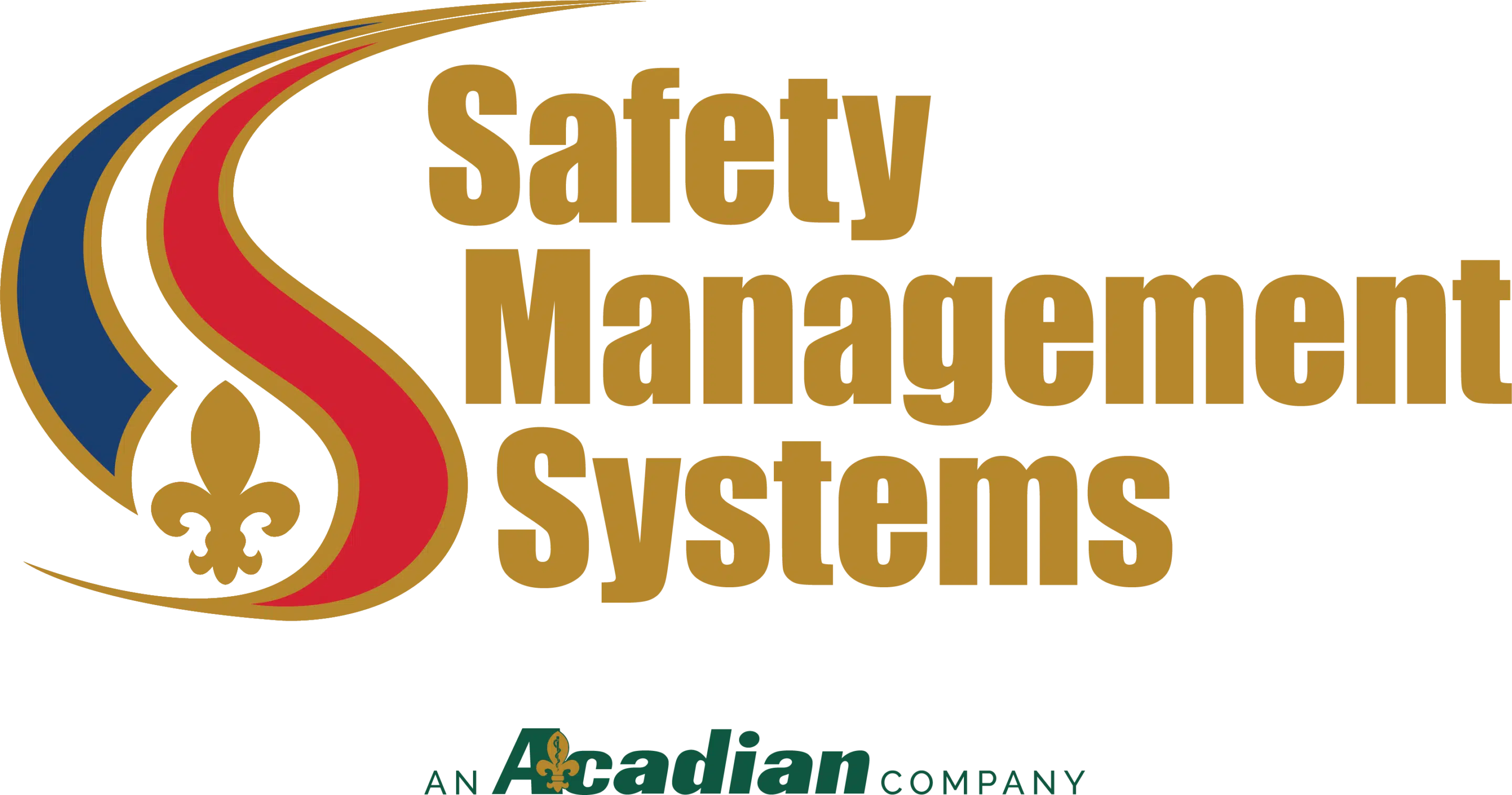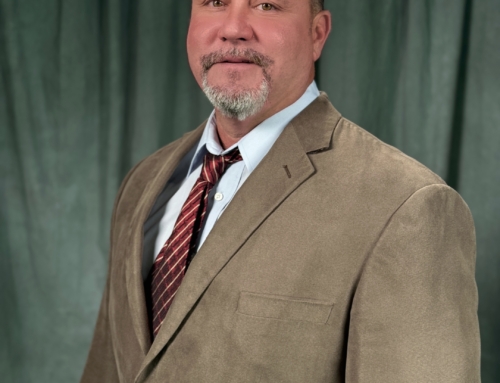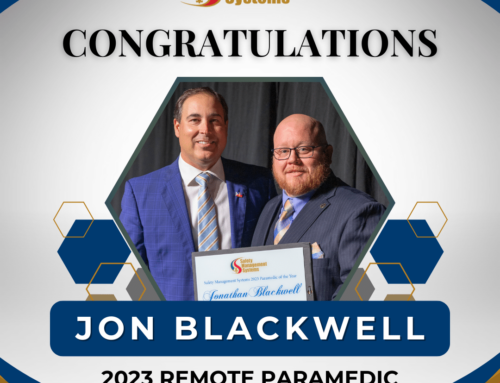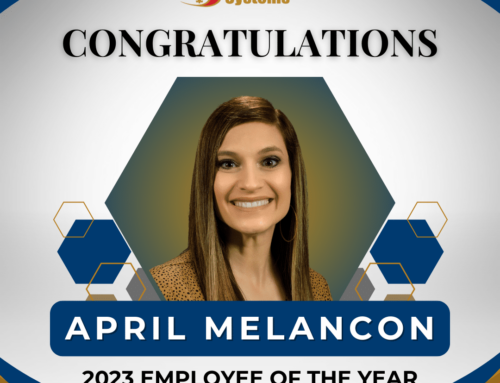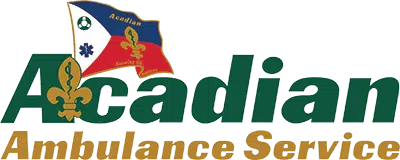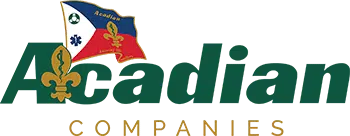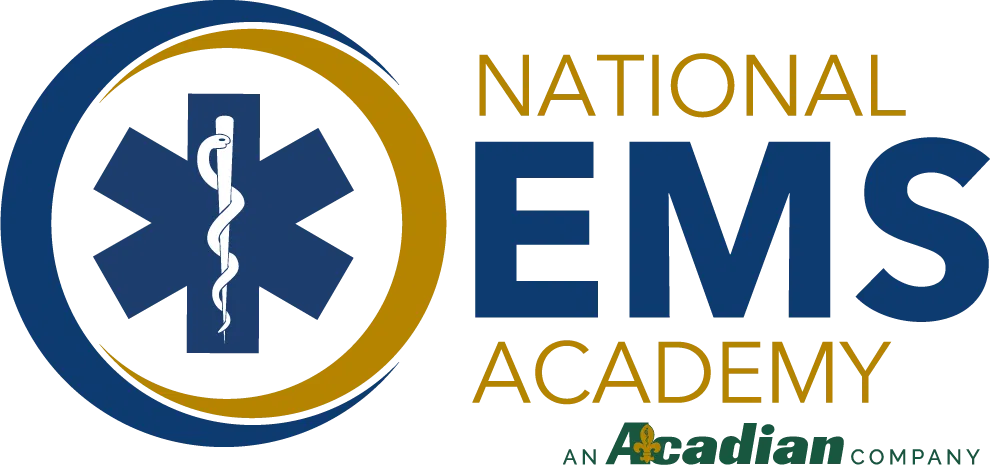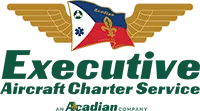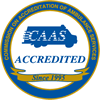Our team of remote paramedics is extensively trained to work in isolated locations using advanced telemedicine equipment. Our equipment allows access to additional consulting and support from even the most secluded sites while working closely with a medical director with years of experience in emergency and occupational medicine.
Our remote paramedics, who serve in locations all over the country, are a huge part of our medical services. The chief concern of any paramedic is providing care to the sick or injured, but remote paramedics are specially tailored to meet the particular needs of the oil industry. That is why we provide a clinical Extension course to all of our staff-to better prepare paramedics to operate in these remote locations.
Clinical Extension is a five-day course designed to broaden the physical assessment skills of the paramedic. The paramedic undergoes extensive training to be able to effectively evaluate non-emergency complaints and accurately relay findings to our in-house medical director so he can then recommend a course of treatment. Through this training, remote paramedics can essentially become the “hands and eyes of the physician.”
Remote paramedics are trained to conduct patient care over a longer period of time. Whereas the typical ground paramedic may be able to drop their patient off at an ER in 15 or 30 minutes, remote paramedics sometimes treat patients for a time span of days or weeks. Because of this, they are given additional training on how to perform detailed medical histories and physical examinations. They can suture, administer antibiotics and perform advanced airway techniques in addition to what the typical ground medic does.
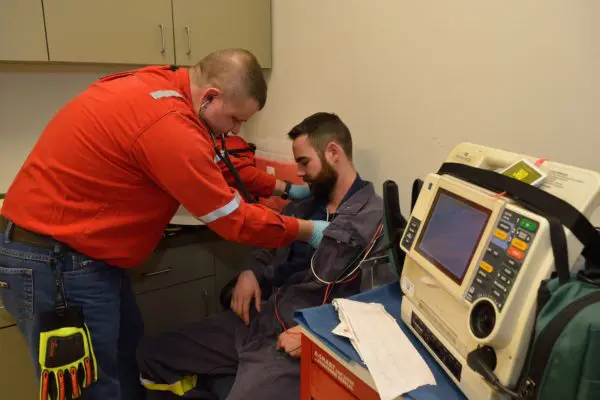
Remote paramedics are also trained to provide other services outside the scope of the medical training of a traditional paramedic.typical paramedic does.
Remote paramedics are also trained to provide other services outside the scope of the medical training of a traditional paramedic. These services include: monitoring compliance with the Bureau of Safety and Environmental Enforcement and Coast Guard regulations; conducting safety and pre-Coast Guard inspections: participating in safety meetings; participating in lifeboat, fire and evacuation drills: inspecting and maintaining first aid station: providing training in accident prevention, first aid, and CPR; maintaining the infirmary; conducting fire inspection; and coordinating emergency evacuations.
Remote paramedics work in conjunction with SMS Medical Director Dr. Donald Thibodeaux, who is available 24 hours a day for physician consultations. The partnership and communication between the remote paramedic and the medical director is the foremost factor that contributes to SMS’ overall quality of medical service.
“As a team, the paramedic and I assess situations on remote locations. We take a history from the patient, perform a physical exam, discuss the case, make a diagnosis, and develop a treatment plan. Then challenges that we face are what make the job so rewarding,” said Thibodaux.
Under the guidance of our medical director SMS remotes paramedics are equipped to provide the highest level of occupational medicine in the Gulf. Dr. Thibodaux brings years of experience in the emergency an occupational fields and strives to no only provide the highest level of care, but strict oversight of case management regarding OSHA recordability.
The partnerships that exist between the medical director and the remote paramedics would not be possible without telemedicine technology. Telemedicine equipment allows remote paramedics to send emergency medical information from even the most isolated locations by transferring medical information through interactive audio and visual media for real-time consulting, remote medical examinations and even remote medical procedures. Through telemedicine, our remote paramedics can transmit and record both audio and video information related to a variety of medical conditions.
Be on the lookout for more information on preventative medical treatment for remote workers in our next issue of the Guardian. Learn more about our remote paramedics.
